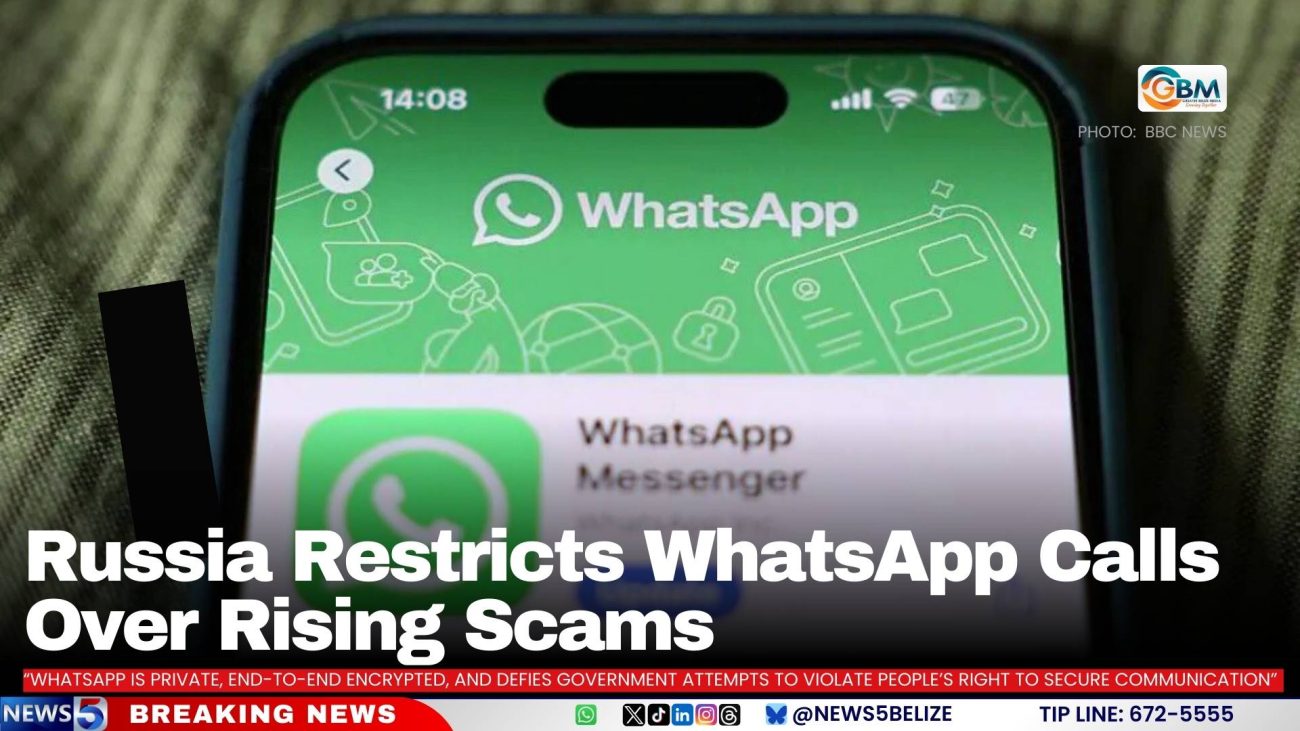Russia Restricts WhatsApp Calls Over Rising Scams
The messaging app, with over 5 billion users worldwide, risks losing more than 100 million Russian users after the country’s government announced restrictions on voice and video calls on WhatsApp and Telegram.
Russia’s state communications watchdog, Roskomnadzor, confirmed the restrictions earlier today, saying the objective is to “counter criminal activity” after recording a surge of 250% in WhatsApp fraud cases in 2024.
According to the agency, “nearly all such fraudulent calls have shifted to foreign messengers” that do not protect Russian users.
Officials said the restrictions could be lifted if the platforms comply with Russian law. While no other features are currently affected, authorities are reportedly considering blocking the app entirely. The app faces being replaced with the state-backed app Max, which has also faced allegations of extensive data collection.
Meanwhile, WhatsApp has pushed back and called the action an attack on secure communication. “WhatsApp is private, end-to-end encrypted, and defies government attempts to violate people’s right to secure communication, which is why Russia is trying to block it from over 100 million Russian people,” the company said in a statement.
“We will keep doing all we can to make end-to-end encrypted communication available to people everywhere, including in Russia,” WhatsApp added.
The issue of scams on WhatsApp is not limited to Russia. Reports of fraudulent activity have emerged globally, including in Belize, where users have shared experiences of losing access to their accounts or receiving suspicious messages.
Meta, WhatsApp’s parent company, said last week that it removed 6.8 million accounts linked to scammers targeting users worldwide in the first half of 2025. The parent company added that it “proactively detected and took down accounts before scam centres were able to operationalise them.”






Facebook Comments